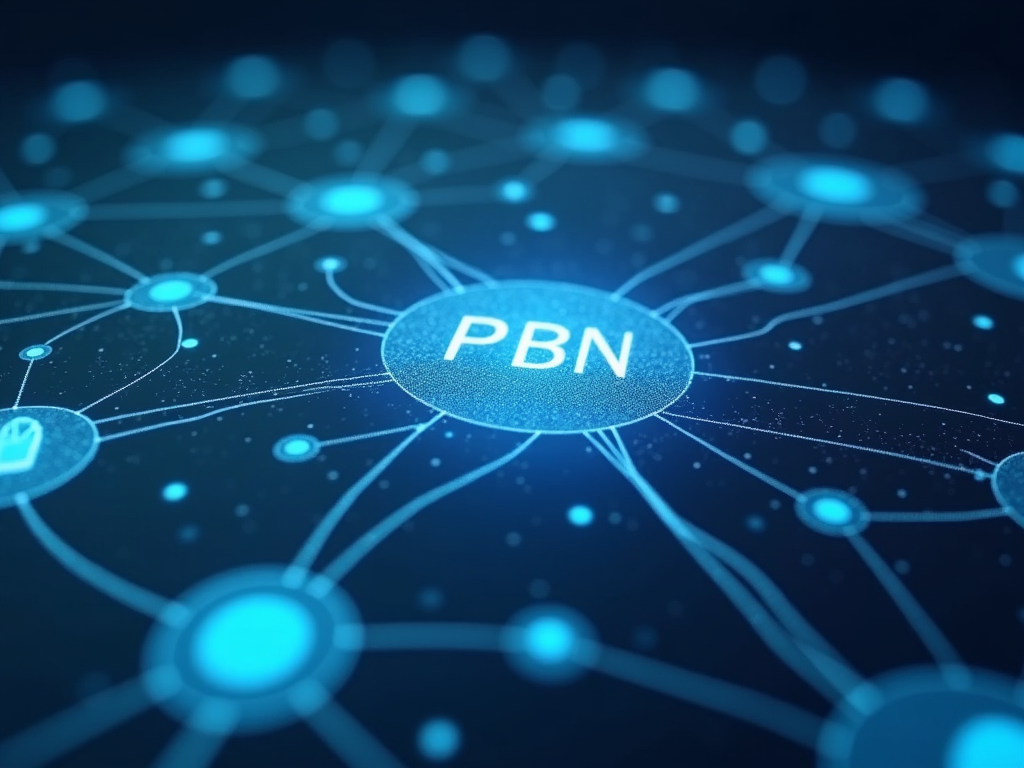In the competitive world of digital marketing, search engine optimization (SEO) stands as a critical pathway for businesses to enhance their online visibility. One effective tool that has emerged over the years is the Private Blog Network (PBN). A PBN is a network of websites that are used to build backlinks to a single website in order to improve its search rankings. Despite the controversies surrounding its use, PBNs can theoretically offer fast and significant improvements in SEO rankings. However, they must be used carefully to navigate the associated risks and ethical concerns. Understanding the role of PBNs in SEO strategies requires both historical context and knowledge of current best practices. This article aims to explore these aspects in depth.
Understanding PBNs

Definition of a Private Blog Network
What is PBN in SEO? A Private Blog Network involves a collection of high-authority websites that are utilized to create links back to one central website, aiming to increase that site’s authority and search engine ranking. Unlike typical websites, PBNs are strategically designed to manipulate Google’s search algorithm. They are often composed of expired domains with high page rankings, repurposed to serve as part of the network. The central idea is to simulate a natural link-building process to boost the visibility of a target site.
| Attribute | PBN | Regular Blog |
|---|---|---|
| Purpose | SEO enhancement | Content sharing |
| Ownership | Single owner often | Individual or group |
| Linking Strategy | Controlled link building | Organic link building |
| Content Quality | Varied quality | Focus on quality |
The Evolution of PBNs in SEO
PBNs have evolved significantly since their initial use in SEO. Initially seen as a revolutionary tactic for improving search rankings, they were widely adopted by SEO professionals. However, as search engine algorithms have become more sophisticated, PBNs have had to adapt. Increasing scrutiny and tighter penalties from search engines like Google have molded the development of PBNs. To avoid detection and continue their effectiveness, many SEO experts now implement advanced strategies for managing their networks. This evolution reflects a broader trend in SEO, where tactics constantly shift to stay ahead of algorithm changes.
The Role of PBNs in SEO Strategy

Benefits of Using PBNs
When used cautiously, PBNs can provide several benefits within an SEO strategy. Here are some potential advantages:
- Improved Rankings: PBNs can significantly boost search engine rankings through strategic backlink placement.
- Content Control: They allow complete control over the content and anchor text used in links.
- Cost Efficiency: Building a PBN can be more cost-effective than other SEO tactics in the long term.
Despite these advantages, using PBNs requires careful management and a deep understanding of the risks involved. Backlinks from PBNs can quickly increase authority but present a risk if not handled correctly.
Risks and Ethical Considerations
The use of PBNs is not without risks and ethical concerns. Here are some of the major issues to be aware of:
- Penalties from Search Engines: If caught, search engines may impose heavy penalties on websites using PBNs, which could severely affect rankings.
- Ethical Debates: There are ongoing discussions in the SEO community about the ethical implications of using such networks.
- Sustainability Issues: The changing algorithms could make maintaining a PBN less effective over time.
It’s crucial for SEO professionals to weigh these factors and decide whether the potential gains outweigh the possible setbacks.
How to Integrate PBNs into Your SEO Strategy
Best Practices for Building and Managing PBNs
For those considering the use of PBNs, there are several best practices to follow to minimize risk:
- Diversification: Ensure that each blog in the network is hosted on different servers and has unique IP addresses.
- High-Quality Content: Focus on producing valuable and original content to maintain credibility.
- Link Variation: Use varied anchor text and avoid repetitive linking patterns.
Adhering to these guidelines can aid in creating a more robust and less detectable PBN, potentially improving SEO results.
Alternatives to PBNs
While PBNs might offer rapid results, there are alternative methods of link-building that can be just as effective and align better with ethical SEO practices. Some popular alternatives include:
- Guest Blogging: Writing articles for other websites and obtaining backlinks through relevant and genuine partnerships.
- Content Marketing: Creating high-quality, shareable content that naturally attracts backlinks.
- Engagement in Online Communities: Building relationships and encouraging link-sharing through forums, social media, and networking groups.
Choosing these strategies helps maintain compliance with search engine guidelines and ensures sustainable growth in search visibility.
Conclusion
In conclusion, Private Blog Networks are a powerful yet controversial tool in the SEO strategist’s arsenal. They offer a quick route to improved search engine rankings through backlinks but come with significant risks and ethical challenges. Understanding what is PBN in SEO is crucial before diving into this advanced strategy. While they can be beneficial under careful management, exploring alternative link-building strategies can provide sustainable and ethical growth. As search engines continuously adapt, so must the strategies deployed by SEO professionals, always keeping in mind the ever-present balance between reward and risk.
FAQ
1. What is the main purpose of a PBN in SEO?
A Private Blog Network is primarily used to build backlinks to a main website, with the purpose of improving its search engine rankings.
2. Are PBNs legal to use in SEO strategies?
While PBNs are not illegal, they are often against the terms of service of search engines like Google, which may penalize sites using them.
3. Can PBNs negatively affect my website’s SEO?
Yes, if detected, search engines can impose penalties that could harm your website’s rankings or even lead to deindexing.
4. How can I avoid penalties if I choose to use a PBN?
This involves hiding footprints that could expose the PBN, maintaining high-quality content, and managing the sites individually.
5. What are some ethical alternatives to PBNs?
Consider natural link-building tactics such as guest blogging, creating shareable content, and engaging with communities to earn backlinks organically.



